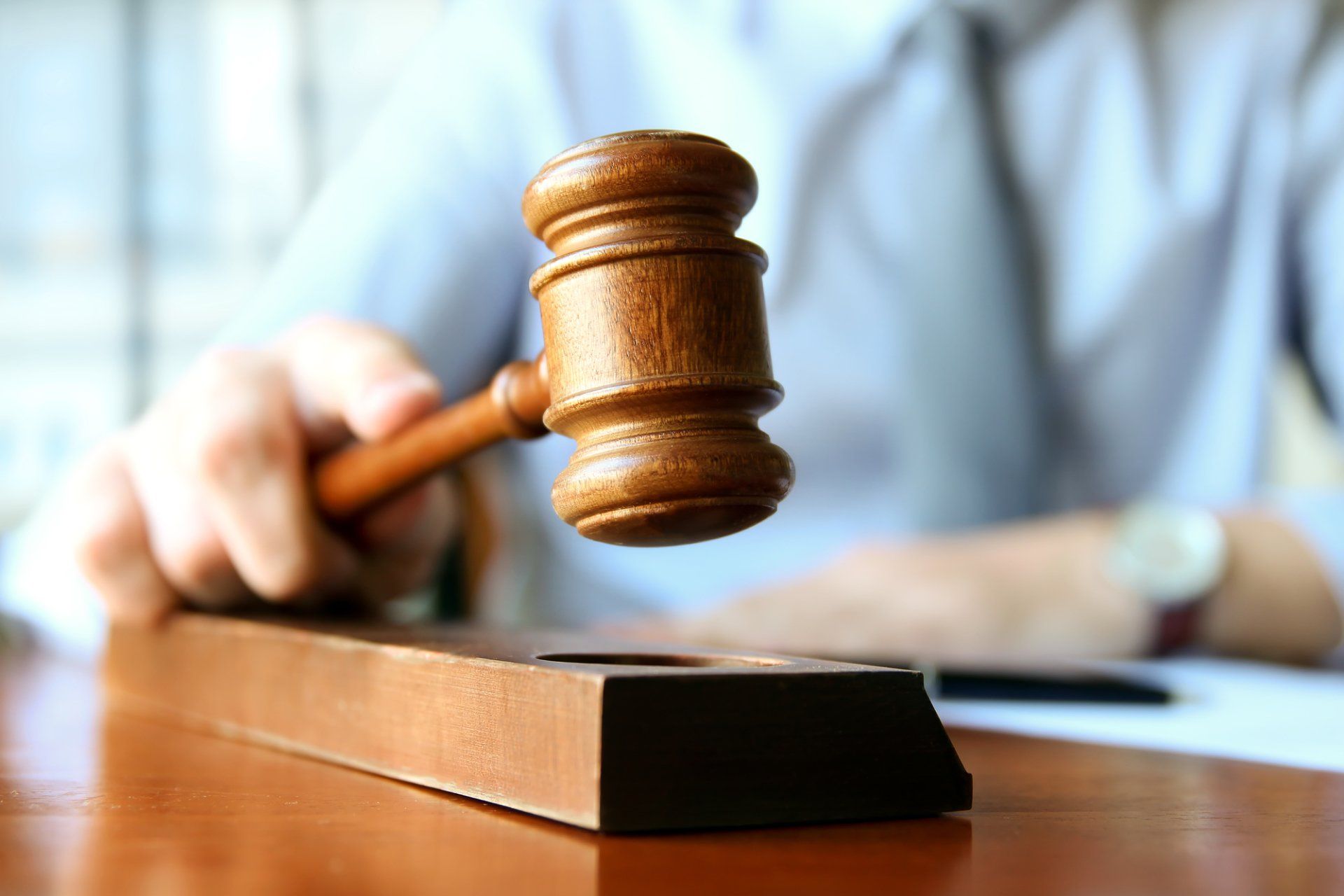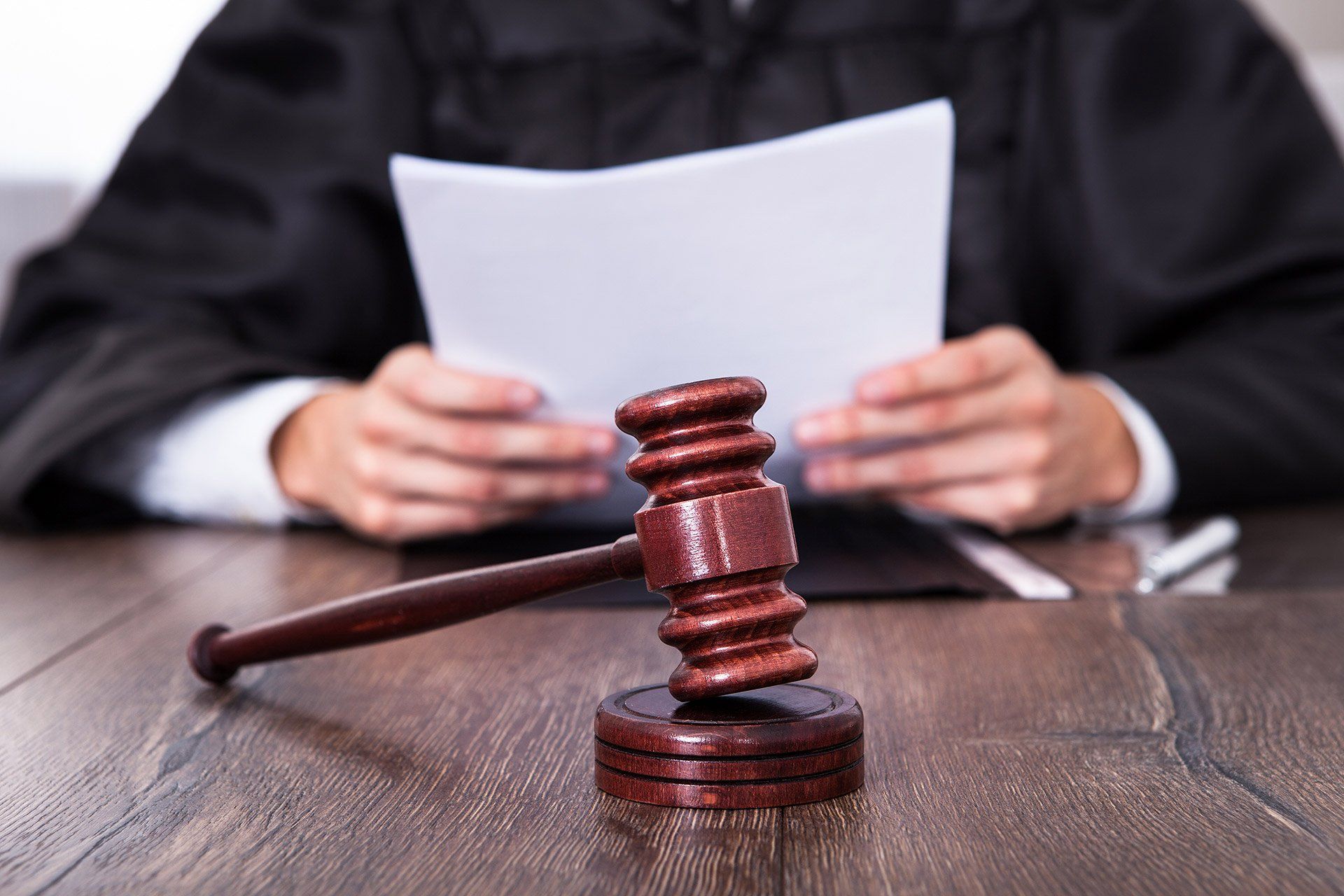5 Key Stages of the Pennsylvania Criminal Justice Process
lemaster • January 24, 2019

The criminal justice system can seem intimidating and overwhelming, especially if you’ve never had any contact with the law. Thankfully, the law guarantees you attorney
representation. While an attorney will guide you through the intricacies of the Pennsylvania criminal justice system, here’s a helpful primer on what happens when you face accusations of criminal conduct.
A 5-Step Guide to Criminal Proceedings in Pennsylvania
1. Arrest
To make an arrest, the police must have probable cause to believe you committed an offense. In certain situations, the police officer will have probable cause to arrest you at the time and place the alleged offense occurred. In other instances, the police initiate an investigation after receiving a report of a crime and arrest you later.
It’s important to remember that the scene of your arrest is not the place to dispute its validity, and resisting arrest can lead to additional criminal charges. The legality of an arrest is best left for your criminal attorney, the prosecutor, and the court to address. If you feel your rights have been violated, you can also consult with a civil attorney.
Once you are arrested, the arresting officer brings you to a police facility for processing and prepares an arrest report. The prosecutor reviews this report and can choose to do one of the following:
- Decline to pursue the charges
- File a criminal complaint with the trial court stating the charges
- Present the matter to a grand jury for them to decide if criminal felony charges should be filed.
2. Preliminary Arraignment attorney
After the arrest, the accused appears before a magistrate for preliminary arraignment. The magistrate considers the accused person’s criminal and work history, community ties, and the case circumstances to set bail. The magistrate also sets a date for a preliminary hearing. Criminal law attorneys argue for no or low bail and favorable release terms for their clients.
3. Preliminary Hearing
Before individuals can be tried for crimes, Pennsylvania courts hold preliminary hearings before magistrates. Prosecutors must present enough evidence to show a crime occurred and that the accused person committed it. Criminal law attorneys argue for dismissal or reduction of charges.
4. Formal Arraignment
If the magistrate finds there’s enough evidence against the accused, they schedule a formal arraignment at the Court of Common Pleas in the county of arrest. At the formal arraignment, defendants appear with their lawyers and can either plead guilty and work out sentencing agreements, or plead not guilty and have their cases set for trials.
5. Plea Bargain or Trial
Most cases end by plea agreement or dismissal, rather than trial. Skilled criminal defense lawyers often negotiate favorable plea bargains for clients, get cases dropped, or win not guilty verdicts at trials by juries or judges.
The criminal law attorneys at Watts and Pepicelli, P.C.
in Meadville, PA, are ready to advise and represent individuals facing charges of misdemeanor and felony offenses for the first time. These skilled lawyers offer more than 80 years of combined experience in protecting people’s rights in the criminal justice system. They are also experts in the fields of property law, personal injury law, municipal law, and other areas. Locals depend on their effective advocacy, individualized service, and compassion to achieve the best possible outcome for their situations. Visit their website
and find out how these lawyers can serve you. Call (814) 336-4000 to schedule a confidential consultation.













